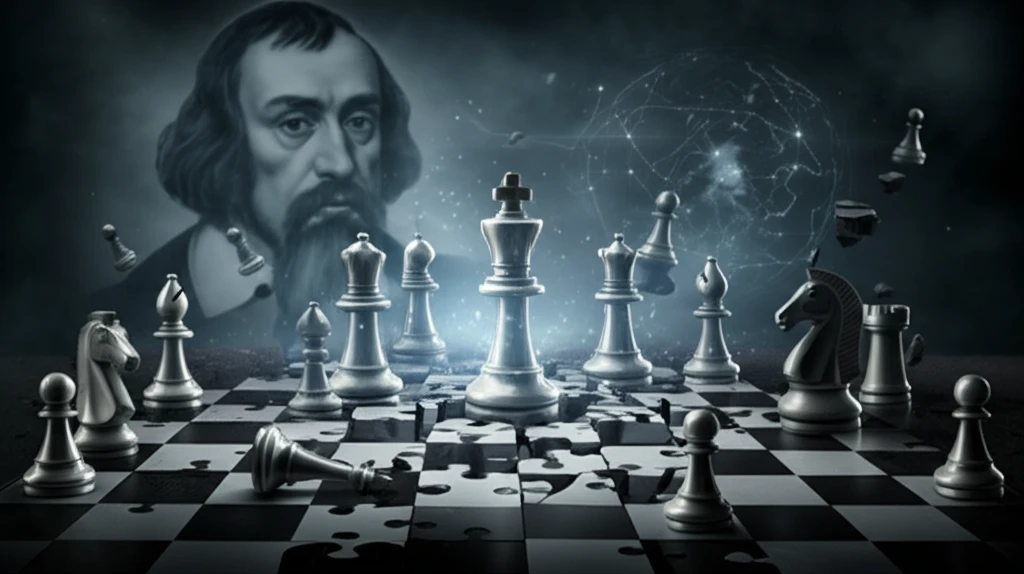
Global Conflict Unveiled: Can Ancient Theories Explain Today's Wars?
"From Iraq to Georgia, see how Hobbes and Locke's contrasting ideas shape our understanding of international relations and the pursuit of peace in a chaotic world."
The quest for understanding the roots of conflict and violence has occupied thinkers for centuries. According to Hobbesian theory, conflict is an unavoidable aspect of human existence, leading to a perpetual state of anarchy. This idea, while stark, prompts us to question the underlying causes of global disorder, a debate particularly relevant among political theorists.
To shed light on this complex issue, we examine contemporary conflicts, such as the war in Iraq and Russia's war with Georgia in 2008, through the lenses of classical political theory. By applying, comparing, and contrasting the ideas of Thomas Hobbes' Leviathan and John Locke's The Second Treatise of Civil Government, we aim to dissect the chaotic state of the modern world system.
Our analysis reveals the shortcomings of Lockean theory in fully explaining the anarchic nature of international relations. Beyond this comparison, we also address the limitations of international law as a system for maintaining global order. We question the efficacy and legality of actions like the United States' second invasion of Iraq, considering their broader impact on international law and the pursuit of global peace.
Why Does Conflict Persist? Understanding War in the 21st Century

International law, intended to provide a framework for order, faces challenges in a world where nations interpret and adhere to its principles differently. While many advocate for universal accountability under international law, achieving this goal is complex. Force often becomes a tool to ensure compliance, highlighting the critical roles of political, cultural, social, and economic factors in the acceptance and enforcement of international norms.
- Sovereignty vs. Global Order: Balancing national interests with international legal standards.
- The Role of Force: Examining when and how military intervention aligns with international law.
- Cultural and Religious Impacts: Understanding how diverse beliefs affect compliance with international norms.
Finding Order in Anarchy: Towards a New Understanding of Global Relations
The international system remains anarchic, with the reasons for this state hotly debated. By examining the Iraq War and the Russia-Georgia conflict through the theories of Hobbes and Locke, we find that Hobbesian theory offers a more compelling explanation for today's international anarchy. International law, while intended to establish order, is often undermined by the actions of powerful nations. The Iraq case exemplifies the diminishing role of international institutions when faced with unilateral actions by superpowers. Ultimately, understanding the dynamics of global conflict requires acknowledging the enduring relevance of classical political theories and their implications for international relations.
